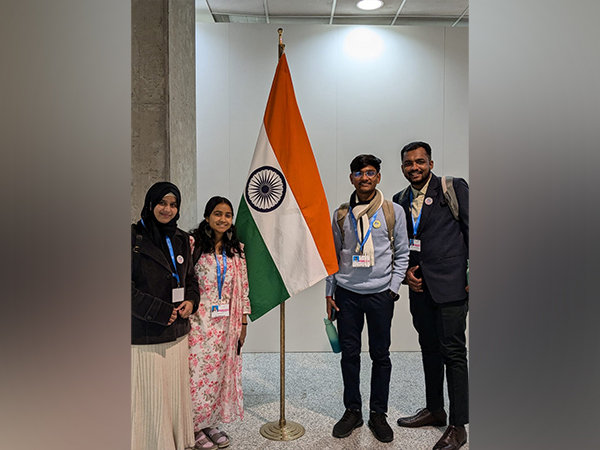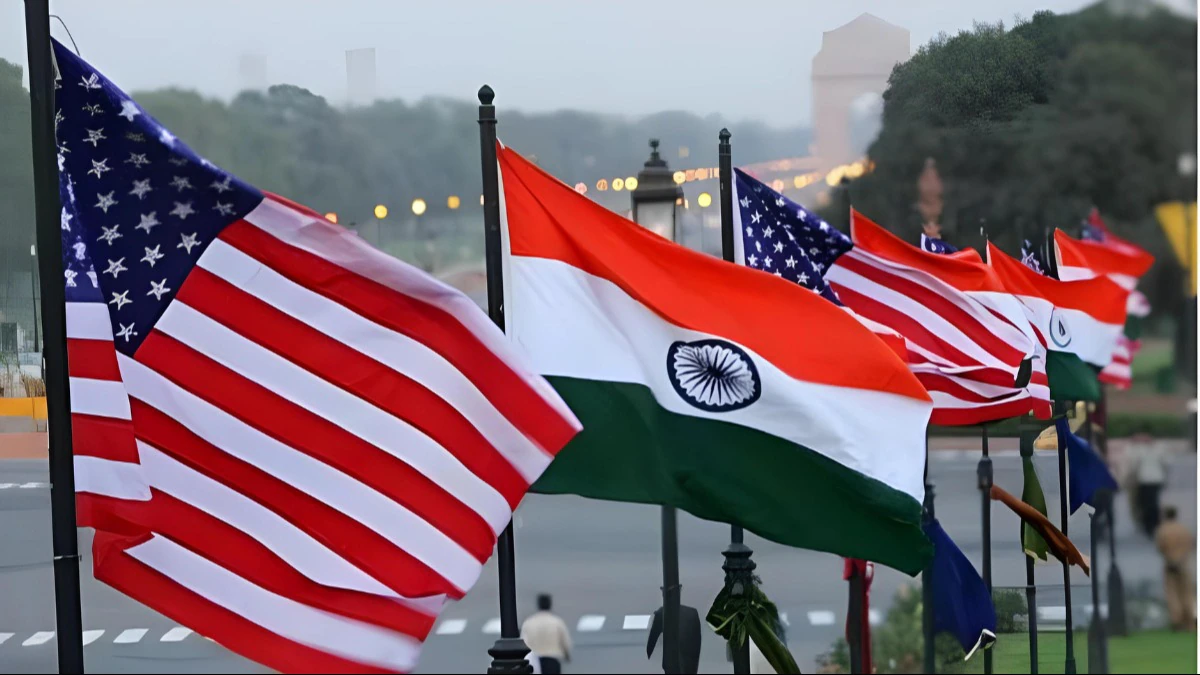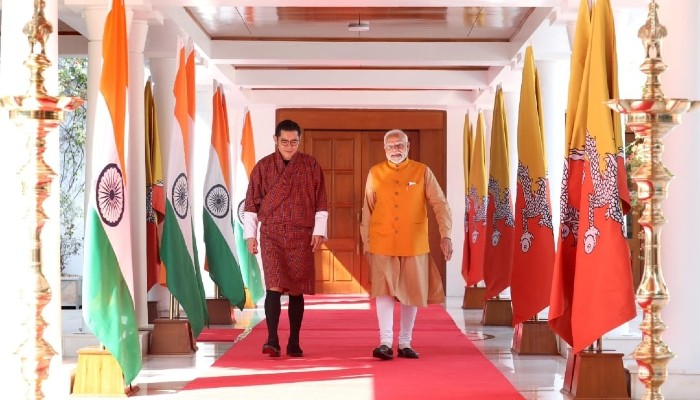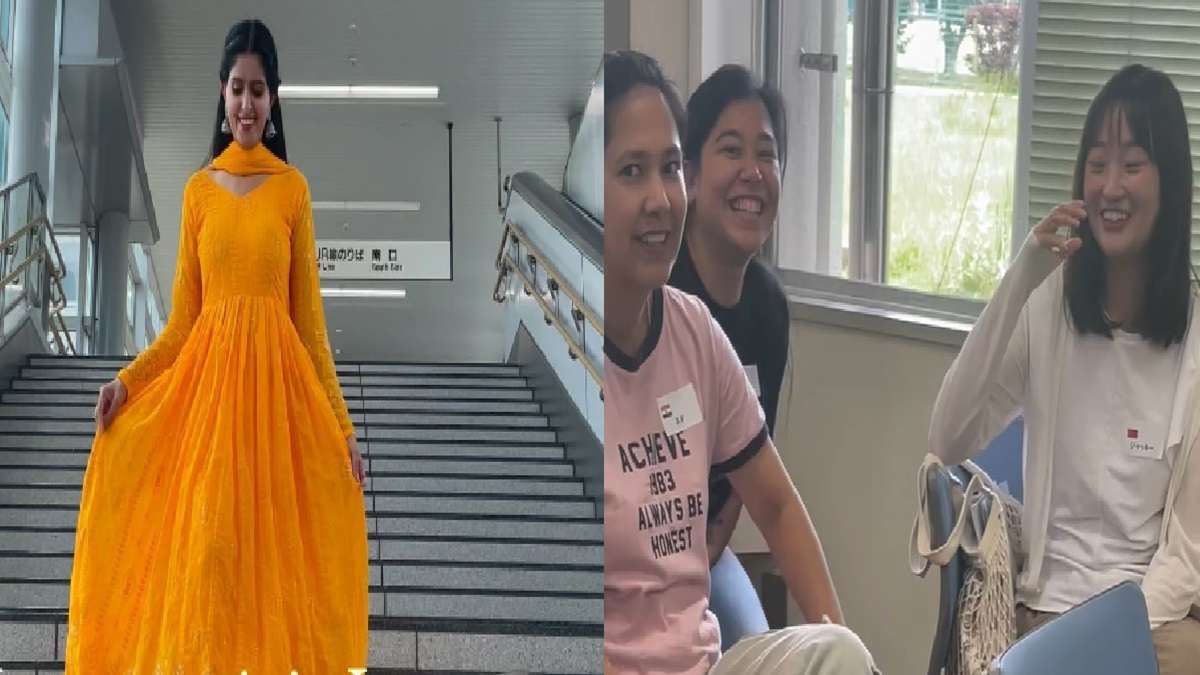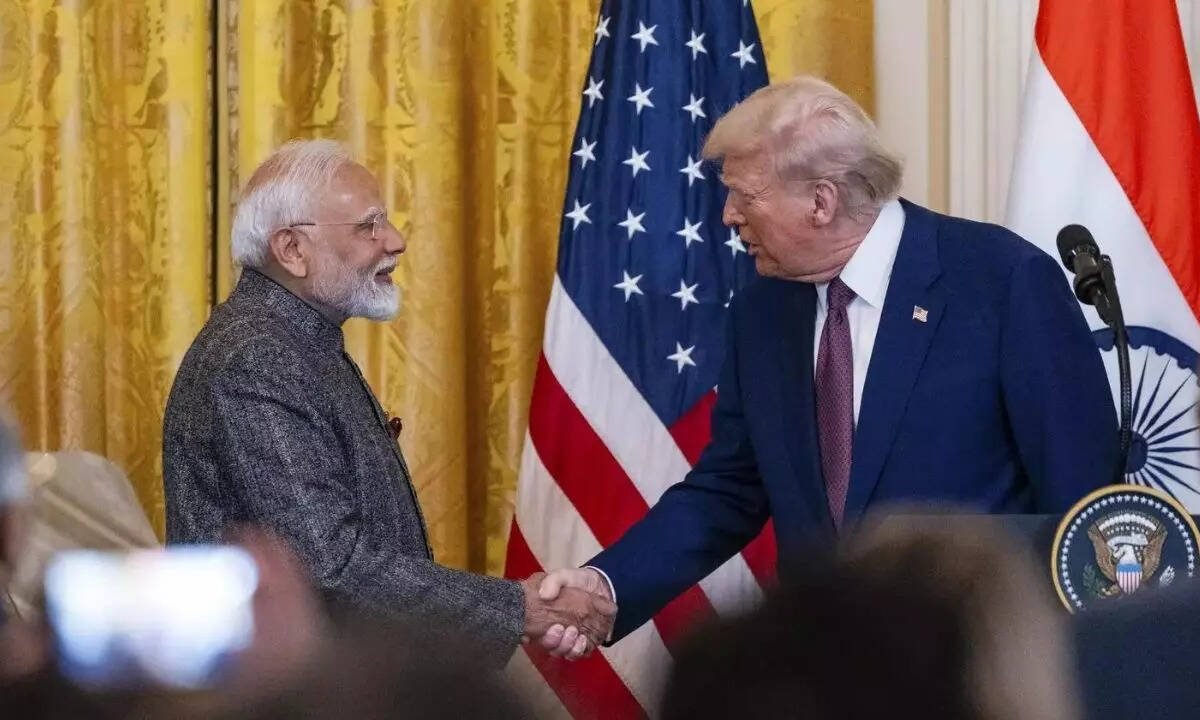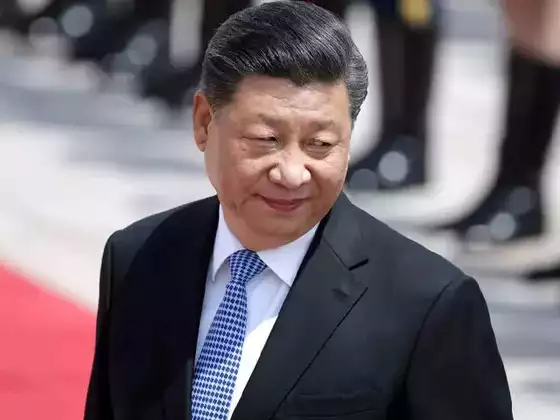“Climate change is reshaping children’s lives daily. We want youth to raise their voices at COP 29, pushing world leaders to adopt urgent climate measures that meet the immediate and future needs of children and youth,” UNICEF’s Regional Director for South Asia, Sanjay Wijesekera stated, affirming that the time to act is now
In a powerful call for urgent climate action, 20 youth delegates from South Asia gathered at the 2024 United Nations Climate Change Conference (COP 29) in Baku, Azerbaijan. Representing India, Bangladesh, Maldives, Nepal, Pakistan, and Sri Lanka, these young leaders, with the support of UNICEF, called on world leaders to include the needs of children and youth in the COP 29 outcome document and the Nationally Determined Contributions (NDC) 3.0.
The youth delegates emphasized the tangible effects of climate change on their communities. “Living in Balochistan, I’ve seen firsthand the devastation caused by floods and heatwaves,” said 14-year-old Pakistani delegate Zunaira Qayyum. Her award-winning research reveals the impact of floods on girls’ education in her region, capturing the voices of many affected by climate-related crises. Zunaira’s testimony underscores the broader sentiment of young people across South Asia, many of whom face extreme climate risks. According to UNICEF’s 2021 Children’s Climate Risk Index, children in Afghanistan, Bangladesh, India, and Pakistan are at “extremely high risk” due to climate threats, with millions exposed to air pollution and heatwaves every year.
-
At COP 29, the South Asian youth delegates outlined their demands: integration of youth voices in climate policy, the inclusion of their priorities in NDC 3.0 submissions, funding for climate adaptation measures focusing on children’s needs, initiatives to reduce air pollution, and increased training for youth to gain future-ready skills
South Asian youth have been preparing for this moment on the world stage. In India, 250 youth climate advocates, including 30 children, convened in September to formulate the National Youth and Children Statement, urging government leaders to prioritize children and youth in climate policy. Twenty-three-year-old Manisha Arya from the Himalayas, who contributed to the Statement, expressed her community’s distress over rising temperatures and disappearing snow: “The absence of snow in my hometown has left us with a profound sense of loss,” she stated, as unchecked development leads to landslides and threatens their livelihoods.
The crisis is particularly urgent for low-lying nations like Maldives, where rising sea levels threaten to submerge entire islands. At the October ‘Youth Track to COP29’ event, 26 young Maldivians called for action, highlighting that climate change poses an immediate risk to their country. “The beaches my parents once enjoyed have vanished. I worry that my children will never see my favorite places,” said 24-year-old Maldivian delegate Fathimah Muhammad Ahmed.
In August, 500 youth in Nepal issued a Youth Statement, appealing to leaders to make climate action a priority. They advocated for a mechanism allowing children and young people to be active participants in climate initiatives, underscoring their motto: “Nothing about us, without us.” Similarly, Bodh Maathura, a UNICEF Sri Lanka Youth Advocate, questioned why young people are excluded from critical decision-making. “If we’re the leaders of today, why aren’t we at the table, shaping ambitions for our future?” he asked.
At COP 29, the South Asian youth delegates outlined their demands: integration of youth voices in climate policy, the inclusion of their priorities in NDC 3.0 submissions, funding for climate adaptation measures focusing on children’s needs, initiatives to reduce air pollution, and increased training for youth to gain future-ready skills. UNICEF’s Regional Director for South Asia, Sanjay Wijesekera, echoed the youth’s plea.
***********************************************************************
Readers

